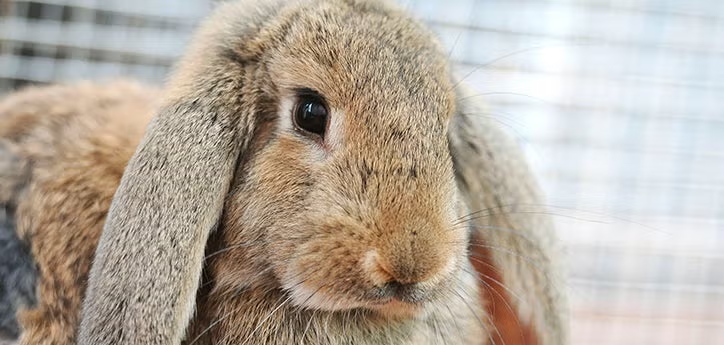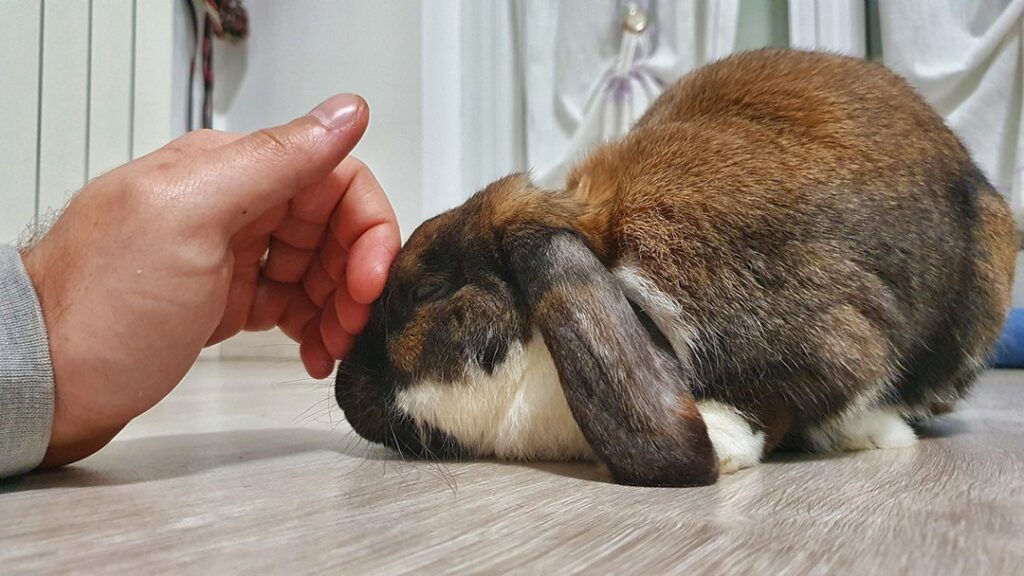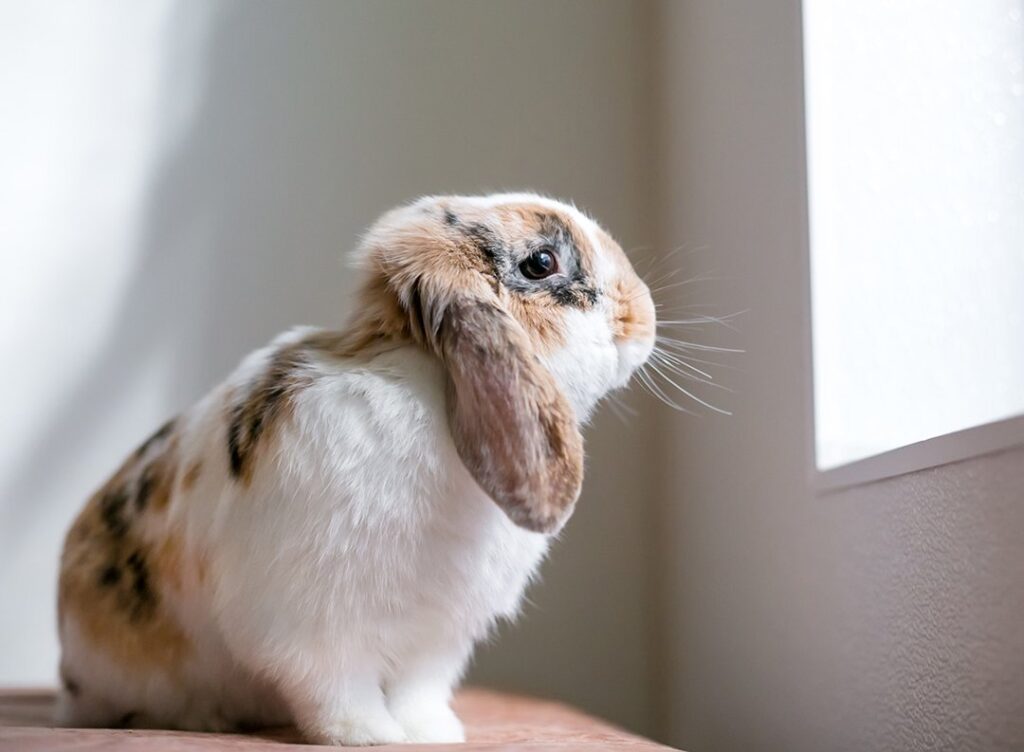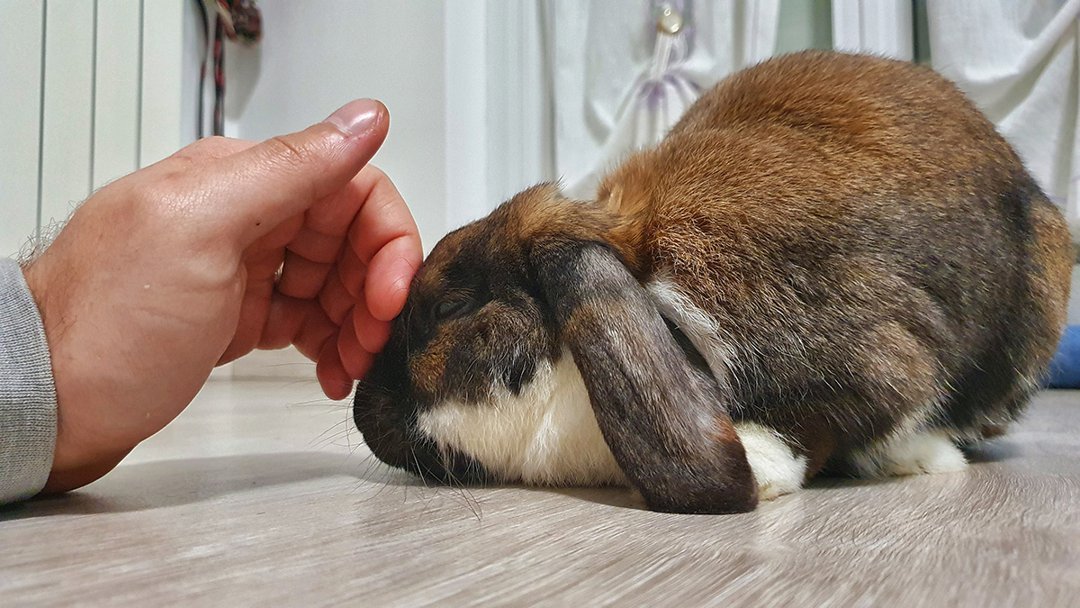One of the most telling signs your rabbit is sick: when to see a vet is a noticeable decrease in their activity levels or the onset of lethargy. A normally energetic and inquisitive rabbit that suddenly becomes listless, reluctant to move, or spends an unusual amount of time lying down may be indicating underlying illness, pain, or even shock. While occasional periods of rest are normal, a persistent lack of energy or disinterest in their usual activities warrants close observation and potential veterinary consultation. This lethargy can manifest as a general slowness, a lack of enthusiasm for food or play, or a reluctance to hop or explore their environment.
A refusal to eat, or a significant reduction in appetite, is another critical signs your rabbit is sick: when to see a vet, often demanding immediate attention. Rabbits have a delicate digestive system that relies on a consistent intake of food, particularly hay, to maintain healthy gut motility. Anorexia, or a complete loss of appetite, even for their favorite treats, can quickly lead to serious complications such as gastrointestinal stasis. Even a partial reduction in food intake over a period of more than a few hours should be a cause for concern and prompt a veterinary visit. Pay attention to whether they are picking at their food, showing interest but not eating, or completely ignoring their meals.

Changes in the consistency or frequency of their droppings are also significant signs your rabbit is sick: when to see a vet. Diarrhea, characterized by loose, watery, or unformed stools, can indicate a serious digestive upset, infection, or other underlying illness. Conversely, a decrease in the number of fecal pellets produced, or the presence of very small or dry droppings, can be a sign of gastrointestinal stasis or dehydration. Any deviation from their normal, well-formed fecal pellets should be noted and discussed with a veterinarian. Observing the color and odor of their droppings can also provide valuable clues.
Breathing difficulties are alarming signs your rabbit is sick: when to see a vet and often require immediate veterinary intervention. Rapid, shallow, or labored breathing, noisy breathing, or an increased respiratory rate can indicate respiratory infections, pneumonia, or other serious conditions. Nasal discharge, especially if it is thick, colored (yellow or green), or accompanied by sneezing, is another red flag pointing towards a respiratory illness. Rabbits that are struggling to breathe may also exhibit panting, which is an unusual behavior for them and signifies significant respiratory distress.
Discharge from the eyes or nose is another visible sign your rabbit is sick: when to see a vet. Clear, watery discharge might indicate allergies or mild irritation, but thick, cloudy, or colored discharge often suggests an infection that requires veterinary treatment. Matted fur around the eyes or nose, or excessive wiping of the face, can also be indicative of discharge that needs to be evaluated.
Changes in their litter box habits can also signal underlying health issues and are important signs your rabbit is sick: when to see a vet. A decrease in urination, increased frequency of urination, straining to urinate, or the presence of blood in the urine can indicate urinary tract infections, bladder stones, or other urinary problems. Similarly, a change in defecation patterns, such as accidents outside the litter box when they are normally litter-trained, can be a sign of digestive upset or other illness.

A hunched posture, where the rabbit sits with its back arched and head tucked in, is a common sign your rabbit is sick: when to see a vet, often indicating abdominal pain or discomfort. This posture is a protective mechanism to guard their abdomen and can be associated with various gastrointestinal issues or other sources of pain. A rabbit in a hunched position may also appear lethargic, have a reduced appetite, and be reluctant to move.
A head tilt, where the rabbit’s head is persistently tilted to one side or even upside down, is a concerning sign your rabbit is sick: when to see a vet that can point to neurological issues, inner ear infections, or other serious conditions. This symptom often requires prompt veterinary diagnosis and treatment to address the underlying cause. Loss of coordination or difficulty balancing can also accompany a head tilt.
Gastrointestinal stasis, a condition where the digestive system slows down or stops, is a common and potentially life-threatening ailment in rabbits. The signs your rabbit is sick: when to see a vet with stasis can include a loss of appetite, lethargy, a decrease or absence of fecal pellets, abdominal bloating or pain, and teeth grinding. This condition requires immediate veterinary intervention to restore gut motility.
Overgrown teeth are a prevalent health issue in rabbits due to their continuously growing teeth. Signs your rabbit is sick: when to see a vet due to dental problems can include a decreased appetite, difficulty chewing, excessive drooling, weight loss, and the presence of visible spurs or misalignment of their teeth. Dental issues can be painful and prevent the rabbit from eating properly, leading to other health complications.
Skin problems, such as matted fur, lumps, sores, or excessive scratching, are also signs your rabbit is sick: when to see a vet. These can indicate skin infections, parasites (like fleas or mites), or other underlying health issues. Lumps or swelling under the skin should also be evaluated by a veterinarian.
Finally, any sudden or significant change in your rabbit’s usual behavior should be considered a potential signs your rabbit is sick: when to see a vet. This could include increased aggression, unusual withdrawal or hiding behavior, excessive grooming, or any other deviation from their normal personality and habits. Rabbits are creatures of routine, and any marked departure from their established patterns warrants investigation.

In situations involving a complete loss of appetite for more than a few hours, severe diarrhea (especially if watery or bloody), difficulty breathing, profound lethargy or weakness, visible injuries, unexplained swelling or lumps, or a head tilt or loss of coordination, immediate veterinary care is crucial. These are often indicative of serious and potentially life-threatening conditions that require prompt diagnosis and treatment to improve the rabbit’s chances of recovery. As prey animals, rabbits are adept at concealing illness, so erring on the side of caution and seeking veterinary advice at the first sign of concern is always the best approach to ensuring the health and well-being of your beloved bunny. Recognizing these critical signs your rabbit is sick: when to see a vet can make a significant difference in their prognosis.


cb84on